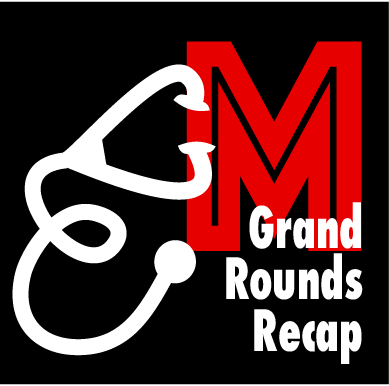Renal colic is a common presenting symptom in the ED, with an estimated prevalence as high as 10-15% in the US. (1) It accounts for approximately 1% of all ED visits per year. (27) Most patients will pass these calculi spontaneously and do not require surgical intervention, therefore focus on pain relief is of utmost importance in the emergency department. (1) NSAIDs have shown to be as effective, if not more effective than opioids, making them a reliable first line agent. (4,5) Opioids still provide a viable option in those with kidney disease or gastric ulcer disease, however they may be best utilized as combination agents to decrease the need for rescue analgesia. There is weak evidence to support the use of IV acetaminophen, with high cost burden, limiting its utility. Additional agents such as ketamine, lidocaine and magnesium carry with them limited evidence and inconsistencies in the literature, limiting their use, with further studies required. Alpha blockers seem to provide a shorter duration to expulsion, fewer pain episodes, and less hospital admissions with surgical intervention, specifically with larger stones (>5mm).
Read More













